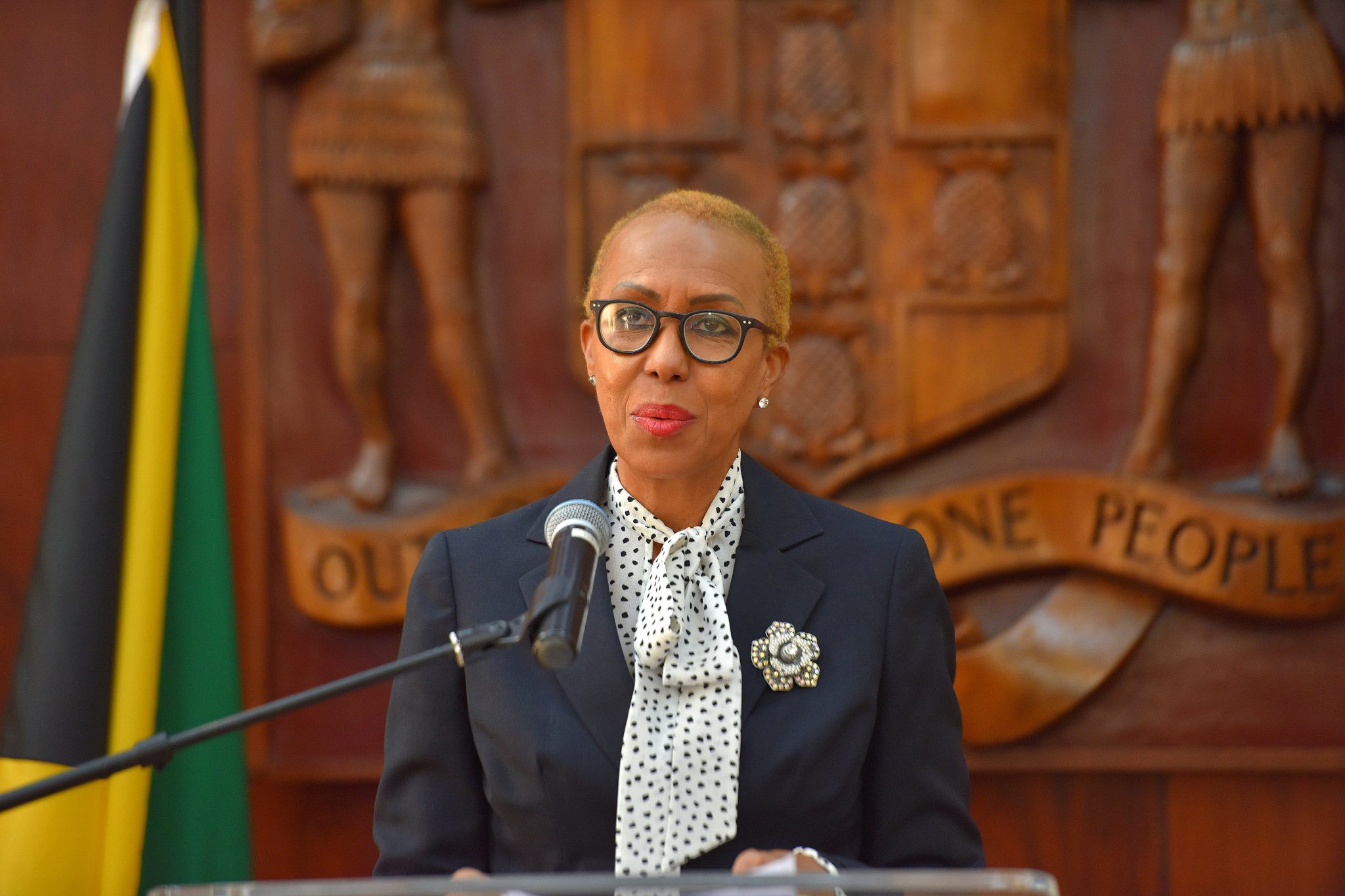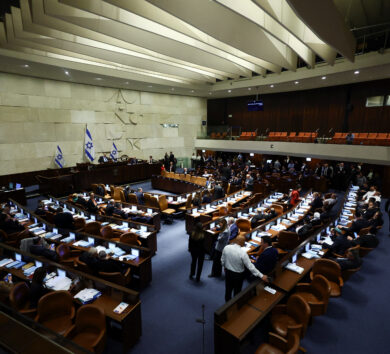

The Advocates Network (AN) is requesting the Ministry of Education’s intervention in creating a fair grooming and dress policy for schools that does not discriminate or is biased to African hairstyles.
The AN further noted that the standards of grooming that Jamaican schools hold their students to are of European background and do not reflect the culture of Jamaica.
In a press release today (October 3), the AN said it was also against children being deprived of an education solely because of their appearance.
“We are very concerned about the message being sent to our children that their education is secondary to the style of their hair, the length of their dress or the width of their pants,” said the Network.
This appeal follows recent events of students being bared from entering schools due to the length of their dress and width of their pants.
The return of face to face school saw these challenges appearing within the first three weeks of school in September.
Most noticeably was the incidents that occurred at Godfrey Stewart high school that saw multiple students refused entry because of tight pants or ‘short’ skirts.

In response to this Minister of Education Fayval Williams said she is accepting of the school’s decision to uphold these standards, also agreeing that the policies should be fair and free of discrimination.
But Williams is adamant that the ministry will not get involved with the specifics of a school’s dress code, leaving the decision up to the school board.
Despite this stance by Williams, the AN is adamant that the ministry needs to get involved and are encouraging open discussions around the issue.
They are also adding to the conversation, noting that hair discrimination is another problem that many students face and school policies surrounding discrimination of African hair need to be changed.
“Without an educated population that engages in critical thinking and interrogates the fairness and relevance of rules, we will not achieve the status of development that we seek,” said the AN.
AN is therefore asking the ministry to consult with a diverse body of students and parents, then move to take the following actions:
- Enact policy that is driven by the human rights principles of universality and indivisibility (that is, everyone is born with and possesses the same rights and all human rights have equal status and none can be fully enjoyed without the other).
- Eradicate colonial notions of grooming and deportment that was designed to police African people’s
bodies and culture and imitate European standards of beauty and acceptability. - Ensure that hair discrimination be stopped in all schools.
- Ensure that all school administrators comply with best practices in protecting the dignity of all
students, regardless of ethnicity and cultural traditions. - Affirm our children as critical thinkers, such that dialogue can be engaged regarding the “rules are
rules” approach, recognising that in a civilised and thinking society it is necessary for citizens to
question the history and relevance of certain rules, from time to time. - Establish that educating our children is the first and primary priority.







Comments